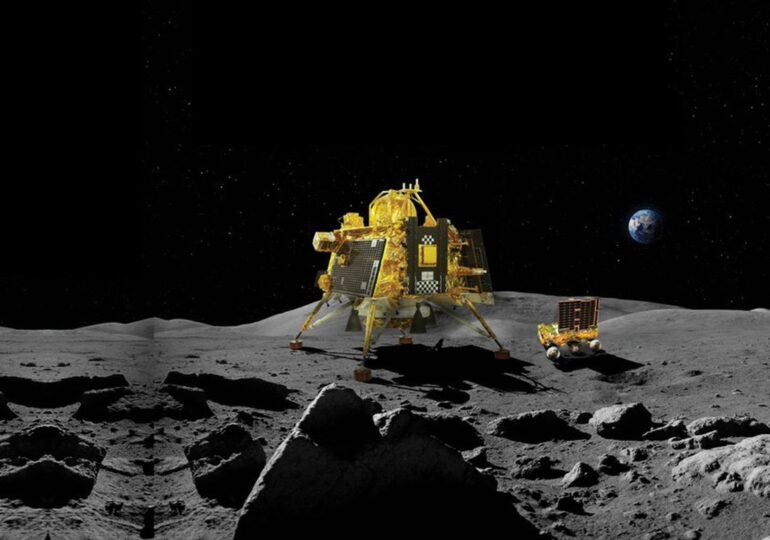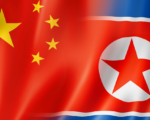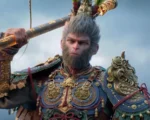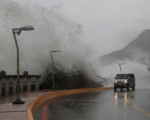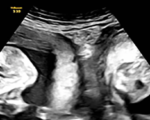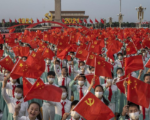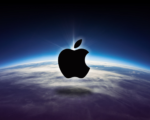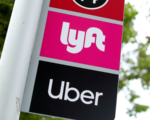Taiwan’s President Asserts China Cannot Be Its Motherland, Sparking Controversy
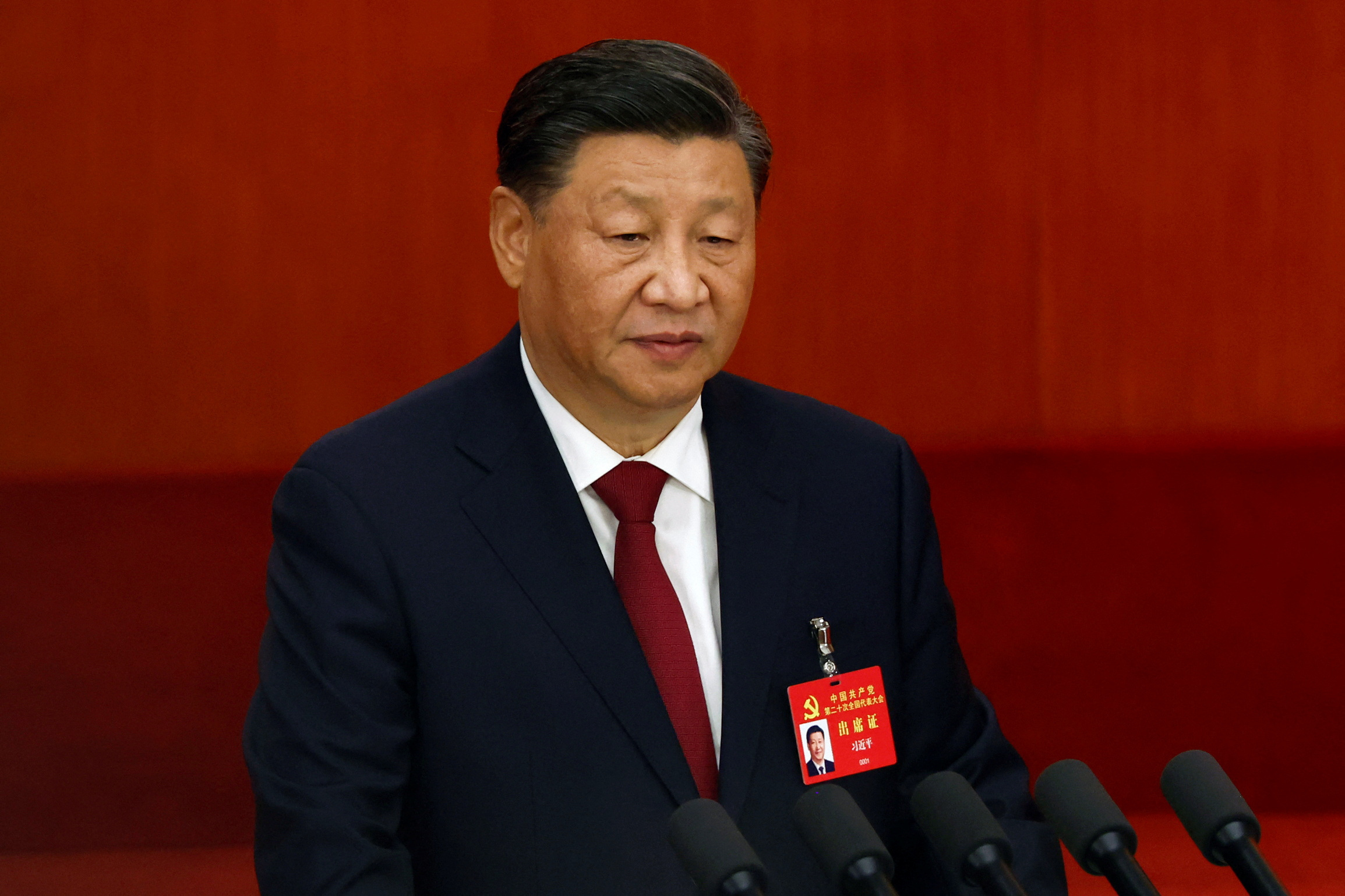
Taiwan’s President, Lai Ching-te, has declared that it is “absolutely impossible” for Communist China to be considered Taiwan’s motherland, citing Taiwan’s longer-established government in a move that reinforces the historical rivalry between the two entities. His comments, delivered during a concert ahead of Taiwan’s national day, highlighted Taiwan’s distinct identity and the ongoing rejection of Beijing’s claims over the island.
Lai, who has consistently supported Taiwan’s sovereignty, pointed out that Taiwan, officially the Republic of China (ROC), predates the People’s Republic of China (PRC) by several decades. The ROC, founded in 1912 after a revolution that overthrew China’s Qing dynasty, relocated its government to Taiwan in 1949 following the Chinese Civil War and the rise of the Communist Party under Mao Zedong. In contrast, the PRC, established in Beijing in 1949, has never controlled Taiwan but continues to claim it as a breakaway province.
During his speech, Lai underscored Taiwan’s unique status: “Our neighbor, the People’s Republic of China, just celebrated its 75th birthday on October 1. In a few days, the Republic of China will celebrate its 113th birthday.” This comparison was met with applause from the audience in Taipei, reinforcing Lai’s stance that the PRC cannot be Taiwan’s motherland. He even humorously suggested that the ROC could be the motherland of Chinese citizens over 75 years old.
Beijing has yet to respond to Lai’s remarks, which come at a time of heightened tensions. China’s leaders, particularly under President Xi Jinping, have intensified efforts to bring Taiwan under Chinese control, even threatening military action if necessary. Xi has reiterated his determination to achieve reunification, viewing it as an “irreversible trend” and a “common aspiration of the people.”
Lai’s comments have drawn criticism domestically, particularly from the Kuomintang (KMT), Taiwan’s main opposition party. The KMT has accused Lai’s Democratic Progressive Party (DPP) of unnecessarily provoking China. KMT city councillor Ling Tao remarked on social media that Lai’s references to the PRC and his “motherland theory” were intended to stoke political confrontation between Taipei and Beijing.
The KMT, once intent on reclaiming mainland China, has since evolved to support closer ties with Beijing, favoring a more pragmatic approach toward cross-strait relations. Meanwhile, Lai’s DPP maintains a more assertive stance on Taiwan’s sovereignty, further intensifying the political divide within Taiwan.
Beijing’s aggressive posture toward Taiwan, paired with Lai’s defiant rhetoric, has raised concerns of a potential military conflict in the region. Lai’s upcoming national day address is expected to further clarify Taiwan’s position as tensions with China continue to simmer.





